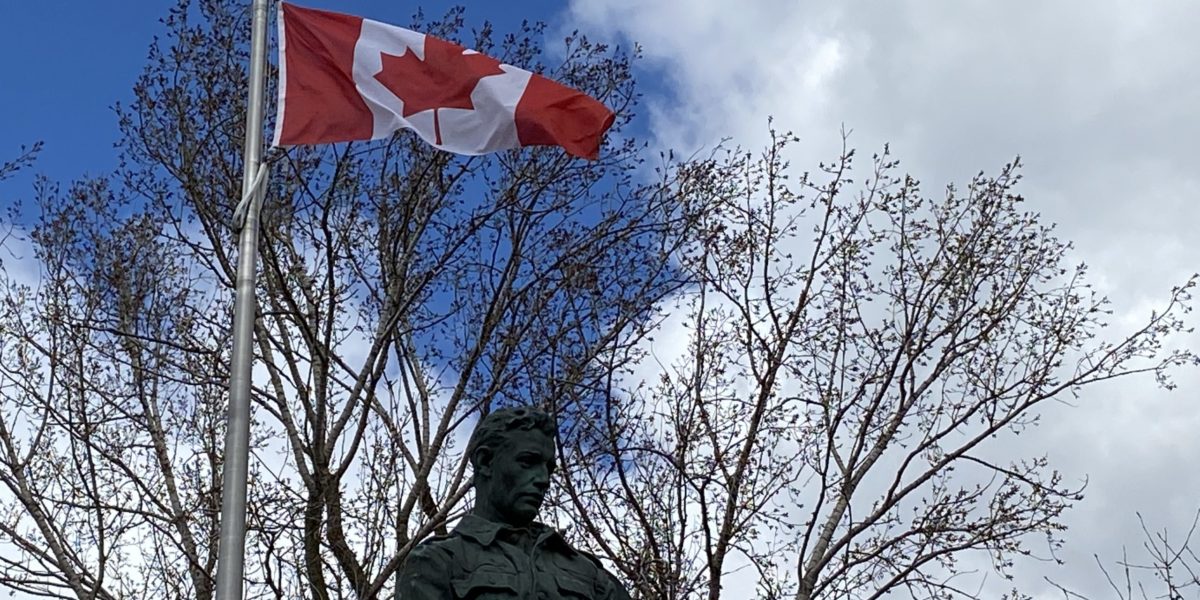We’re engaged in a periodic revival of Canadian militarism: not just of the military — that’s part of most national societies — but of the -ism, where the military is seen as a key component of national identity, as in the U.S. or U.K. In Canada’s case, that seems to require a European war to kick it into gear.
The abattoir of Vimy Ridge, in the First World War, was widely seen as birthing a Canadian sense of self. Pierre Berton, a passionate nationalist, wrote a book on it and conceded the point. (He also asked, Was it worth it? and replied, Of course not). The careless loss of Canadian lives at Dieppe, in the Second World War, and sacrifices at Juno Beach and elsewhere, had comparable impacts.
Attempts to build militarism here outside that context have faltered. Stephen Harper tried nurturing a national sense around troops in Afghanistan (the highway of heroes, standing ovations for soldiers at hockey games). But it lacked a sense of coming to the aid of the British Empire and, beyond that, rescuing western civilization from the cruel Hun or Nazi beast.
Current demands for hiking military spending, up to the suddenly sacrosanct NATO two per cent, can’t be based on rescuing Britannia. But they have invoked western civ and “our” values versus barbarism, particularly among what you could call the mindful right, as opposed to yahoos at truck protests.
The calls have often been cartoonish, IMO, evoking a frisson of Orientalism or the white man’s burden. So, while writing during the run-up to the invasion, McGill prof Andrew Potter said, “if there’s a virtue, then, in a re-emerging cold war, it’s that the beliefs you have as a society … might actually start to matter …” Andrew Coyne: “Ukraine knows it is at a crossroads, the one way leading to democracy and Europe, the other to autocracy and Russification.” Andrew MacDougall in The Line: “A principles-based foreign policy would surely be a nice change from Trudeau’s kowtowing …” Ahem.
Without that component, when Canadians think of their military, they often picture peacekeeping, which isn’t Orientalist saviourism at all.
(What’s the problem with an Orientalist “clash of civs”? Edward Said — who coined the term — called civilizations false constructs; they don’t exist in purity, they’re all hybrid and mongrel. Who’s on “our” side: Hungary? Poland?)
Meanwhile, since no one’s actually fighting barbarism in Ukraine except Ukrainians, the debate turns on merely sending weapons over. Retired general Rick Hillier says why not ship everything we’ve got, since we’re not using it anyway? (“I understand the army wouldn’t want to lose 200 LAV IIIs but, hey, we’re not sending the army anywhere in the short term.”)
This column first appeared in the Toronto Star.



